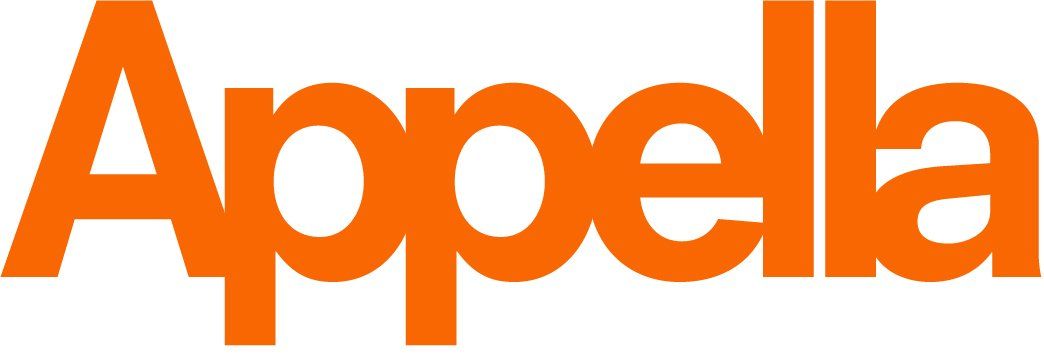Coffee
<h1> Ordering Coffee Everywhere in the World </h1>
Knowing how to say “hello” in the local language where you’re travelling is important. That first extension of politeness is essential to start a conversation. Equally as important is being able to express gratitude as you more than likely will be asking someone for help. But, even more paramount than these decencies is being able to order a hot cup of coffee just how you like it.
As with many globally popular products, you can mostly rely on a single pronunciation to get by, much like Coca-Cola (Кока-Кола in Russian, κοκα κολα in Greek, kók in Icelandic). We get the English word “coffee” from the Arabic word “qahwah.” As you’ve probably already noticed, “coffee” sounds a lot like “café,” used in Spanish.
Using the word “café” or its variations will certainly get you far. “Caffe marocchino” will get you a hot coffee and cocoa blend in Italy, but only “antoccino” will get you a traditional coffee served with milk. “Café,” of course, works in Spain and many Central and South American countries yet you’ll need to specify further ingredients such as milk and sugar. Other variants of “café” also work in Vietnam (“ca phe da”) for hot coffee with condensed milk and ice, Senegal (“café touba”) to have it complete with African black pepper, as well as Austria and Switzerland (“café melange”) to have it topped with whipped cream.
Although coffee was once banned in Germany in the 17th century, a large coffee topped with ice cream, whipped cream, and chocolate chips can now be ordered via the variation “eiskaffee” (literally “ice coffee”). If you’re looking for something a bit more adult, “pharisaer” will get you black coffee with two shots of rum and some whipped cream.
In Hong Kong, java drinkers use 鸳鸯 (pinyin: “yuanyang”) for a lovely three parts coffee and seven parts Hong Kong-style milk tea. But this actually translates to “Mandarin duck” in English. Yet, outside of this Chinese city, 咖啡 (literally “ka” and “fei”) will do you just fine. In Swahili, the word for coffee is “kahawa.” The etymology is linked directly with the Arabic “qahwah.”
Touching each of the seven continents, the term “coffee” and its variants are incredibly global including phonetic similarities across number language families. Because the pronunciations of all of these terms are so similar, coffee can be ordered anywhere with ease by virtually anyone. Brand names, such as Coca-Cola, function similarly and with an easier pronunciation they can be more recognisable and usable by more people.
Find out more about brand names, language use, and what we do by visiting us at www.appella.net. Make sure to follow us on Facebook and connect with us on LinkedIn.
